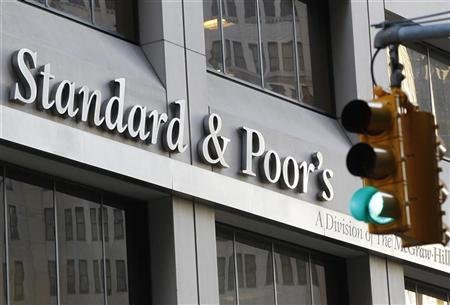S&P Global Issues ‘Negative’ Outlooks for Five Regional US Banks
On March 26, ratings agency S&P Global took action by downgrading the ratings of five regional U.S. banks due to their exposure to commercial real estate (CRE), a move that is likely to revive concerns among investors regarding the sector’s health.
The affected banks include First Commonwealth Financial, M&T Bank, Synovus Financial, Trustmark, and Valley National Bancorp, all of which had their outlook revised from “stable” to “negative.” S&P cited the potential for stress in CRE markets to adversely impact the asset quality and performance of these banks, which hold some of the highest levels of CRE loans among institutions it rates.
Representatives for the banks were not immediately available for comment outside of regular business hours.
Concerns over regional banks’ exposure to CRE have heightened recently, particularly after New York Community Bancorp reported an unexpected quarterly loss, attributing it to provisions made for troubled CRE loans. This event triggered a sell-off in U.S. regional banking shares, prompting investors and analysts to worry about potential losses as borrowers struggle to repay loans amidst higher borrowing costs and lingering low occupancy rates for office spaces post-COVID-19.
These downgrades come on the heels of last year’s collapses of Silicon Valley Bank and Signature Bank, which further exacerbated investor concerns about the stability of U.S. regional banks. Apart from CRE exposure, the sector also faces challenges stemming from the increasing cost of retaining deposits amid high interest rates.
According to S&P, nine U.S. banks, representing 18% of those it rates, currently have negative outlooks, with most of these ratings being influenced, at least partially, by substantial CRE exposures. The agency rates banks of various sizes across the country.


















































Comment Template